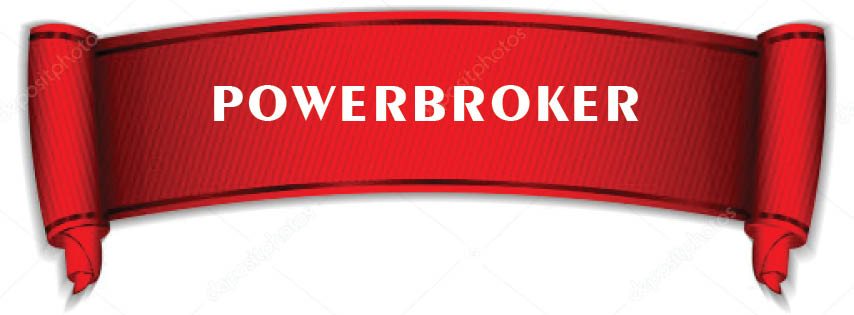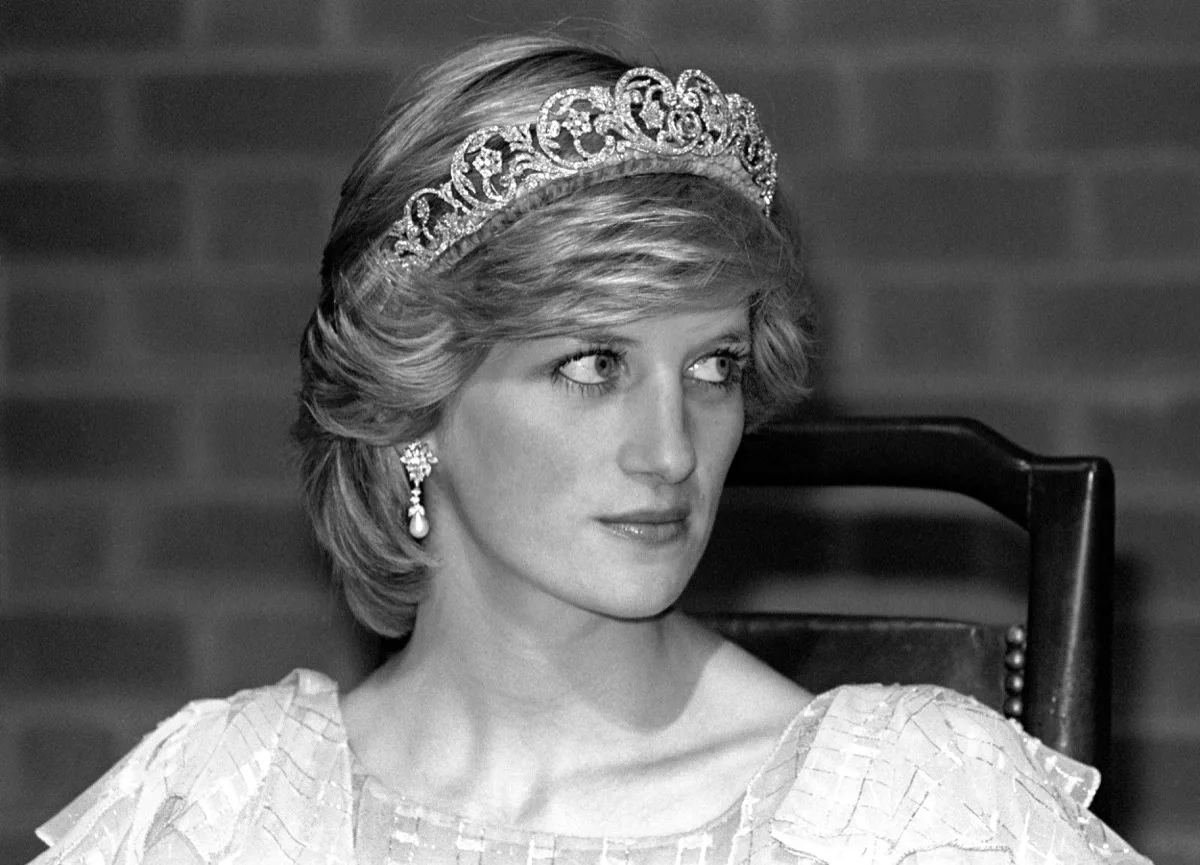
Beyond Contempt
Princess Diana was stalked and killed by paparazzi. Contributor MATTHEW FLACKS chats with Peter Jukes about News Corp's 'Phone Hacking Scandal' and the future of news & information in "Beyond Contempt."

Princess Diana via CNN
It reads like a Dickens novel that’s been serialized by every tabloid and broadsheet in Britain. The one loose moral of the story? Boz said it best: "Never believe what you read in the papers." Indeed, Regina v. Rebekah Brooks and Others determined that we, the Constant Reader, have been toxically duped and that the crucial tenets of civil society have all catastrophically failed. The first hacking trial not only put the print media in the dock, but highlighted the desperation of a depleted and fearful institution. Yet, out of the wreckage of distrust and suspicion, questionable practice and political dishonour, a transient, pervasive, transformative reportage has risen. Dramatist and journalist Peter Jukes live-tweeted the entire trial (500,000 words, 2.5 million keystrokes, 138 days) and fast became the most respected reporter in the courtroom. An unconscious revolution against the controlled dissemination of information by staid old news titles had begun.
In Beyond Contempt, Peter Jukes has produced an extraordinary book documenting his journey from the fringes of political commentary to the forefront of an event-driven spectacle; stopping off to refuel on blackmail, near-bankruptcy and intimidation. Forget the salacious stories about Jude Law, Sienna Miller, and Daniel Craig that were splashed across the papers with inexorable headlines such as ‘Sex, Lies and Voicemails.’ Jukes achieves something far more reformist by spotlighting the cultural rot at the heart of our society with a crowd-funded, crowd-sourced and crowd-driven digest that had lawyers, politicians, and fellow journalists swarming around his every tweet.
But how? Jukes quickly acknowledged that his reporting had to be neutral and nonpartisan to prevent any suggestion of contempt. Moreover, he needed to earn his followers’ respect. They, after all, had funded his stay of execution in court through an ingenious crowdfunding campaign. In the world of Twitter and Buzzfeed, we are all journalists. Print, radio, even live television cannot compete with the instantaneous headlines of new media. Yet event-driven tweeting is not new. The uprisings in North Africa, Ukraine, the London Riots of 2011 all demonstrate the capacity of the participatory public to rally, influence and highlight a medical emergency or an escape channel. Key to Jukes’ masterful storytelling however was that it somehow became progressive—rather than reactionary—to advance the narrative. He was the lowest paid reporter in the public gallery and yet commanded the highest esteem for his durable, reliable, and authoritative ‘citizen’s journalism.’ The Oliver Twist of Fleet Street.
The author asserts that ‘editorialising overwhelms reporting’ in the mainstream media. Having spent the best part of eight months locked in close camaraderie with fellow journalists, he was dismayed by some of the articles emerging from the major news corporations. The Telegraph, Daily Mail and Times were glossing over legal rulings with claims that the trial had been a bogus waste of public money. Citing a tenuous figure of £100 million (despite the defense being entirely funded by Murdoch), journalistic tribesmen were exacerbating the very ethics under question. Even Jukes was a target. Proceeding the trial, and worried about the content of his forthcoming book, one of the aforementioned papers threatened to call him out over his entirely legitimate crowdfunding and mortgage finances. ‘When a spokesman needs a spokesman its time to move on,’ said Andy Coulson upon resigning his position as the Prime Minister’s Communications Director. Citizen Jukes, with less to lose, stayed the course.
Many believe that the days of closed source journalism have passed. The consumer wants open, transparent authority. But in their desperation to retain readers (Murdoch’s Sun is reportedly losing 20,000 readers per week) tabloid reporters continue to splay political and celebrity stings under the guise of public interest. As recently demonstrated by the Sunday Mirror’s entrapment of a minister into a sex scandal, the politics of personal destruction is corrosive to the public’s trust. Now we, the Constant Reader, have recourse to reply. By its very nature social media is quick-witted and responsive. As much as Putin has tried to stifle such content in Russia, similarly Rouhani in Iran, it can never entirely work. There is always a voice, there is always an ear, and the establishment’s power in setting the agenda is waning.
I put it to Jukes that the UK Phone Hacking Trial has essentially undermined journalism. No, he says, bullies have done that. Terms like copyright, libel, disclosure and defamation forbade average citizens from selling, telling, even sharing their personal stories throughout the 19th and 20th centuries. Adversely feral newsrooms pandered to their silence with a blatant disregard for factual analysis, and a penchant for scandals which they quickly learned sold newspapers. The appalling, thinly veiled hypocrisy within the Fourth Estate, crassly illuminated by this trial, is described by Jukes thus: ‘people lose all sense of hypocrisy when enough money is involved.’ We, the Constant Readers, were pawns in a brutal game of corporate chess, and Mr Jukes is the very antidote to this contagion.
The Rebekah Brooks circus established just how far the politicians, lawyers, police and media had fallen. A close friend of three Prime Ministers, editor at two of Britain’s largest newspapers, confidante of one of the most powerful men in the world and hence—the perfect witness. Her acquittal substantiates the axiom that money talks. But even though an Australian media mogul stretched a six-man defence team across the arc of English Law to exonerate himself, it was the Constant Reader of London’s largest newspaper that was consigned to history as a common naive. The culprits, who, by scrounging upon the slander in a Sunday newspaper for 168 years, thus created a circulation of 8.4 million subscribers at its height, and the nomenclature of intrusion, exploitation and incivility by feeding its insatiable coffers and appetite £1 at a time.
Brooks returned to her £3 million spread near Hackers Lane with an unprecedented £16 million severance deal, and today is described as ‘polite and friendly’ by her neighbors in the posh Chipping Norton set. While the delighted-with-themselves lawyers walked away with a purported £100 million, the newly single Rupert Murdoch and his $33 billion News Corporation accelerate relatively unscathed into record setting profits. As Jukes says, journalism in the UK remains a ‘race to the bottom.’ But as fall guy Andy Coulson sweats out an 18-month prison term at Hollelsley Bay Colony, News Corp and Murdoch and Fox et al. continue to be compensated for their ‘dark arts.’ And yet ‘there are no dark shadows on the earth but its lights are stronger in the contrast’ wrote Charles Dickens somewhere toward the end of his life. With no incentive to reform from within, Peter Jukes spearheads a news reformation on translucent, digital shores; embolden by crippled newsrooms, empowered by the crowds, and skillfully around, through and beyond the pillars of contempt.






